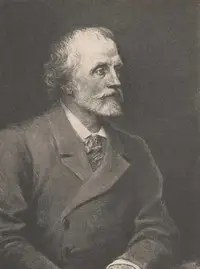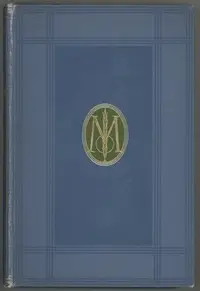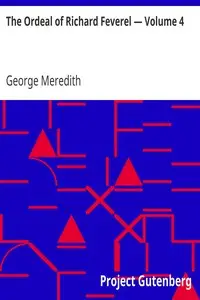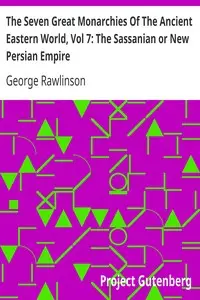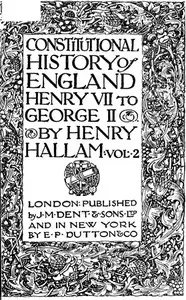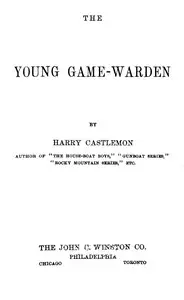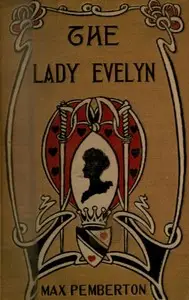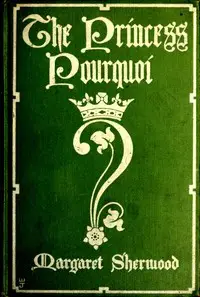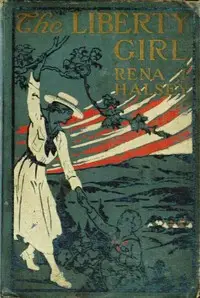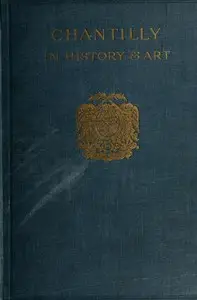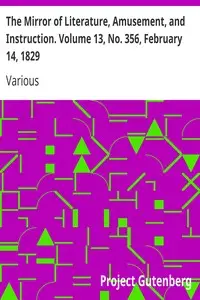"The Ordeal of Richard Feverel — Volume 5" by George Meredith is a novel written during the late 19th century. This volume continues the story of Richard Feverel, a young man grappling with his identity, familial expectations, and the complexities of love, particularly as he navigates his relationship with his wife, Lucy, and his father, Sir Austin Feverel. The narrative blends themes of romance, social commentary, and philosophical musings, reflecting the Victorian era's nuanced views on marriage and its challenges. The opening portion introduces readers to a summer morning where Richard and Lucy, newlyweds, are enjoying a lively breakfast before heading out for a sailing race. The bliss of their marital life contrasts sharply with the underlying tensions regarding Richard’s estrangement from his father. As the couple interacts with new acquaintances like Adrian and Lord Mountfalcon, the complexities of social dynamics begin to unfold, particularly concerning Richard’s father, who maintains a stern and distant attitude. Lucy expresses her desire to accompany Richard on a day spent with the high society of yachting, which marks the reconciliation of their individual aspirations and highlights the omnipresent tension with Sir Austin. This setting serves as a prelude to the conflicts and themes of family loyalty, societal expectations, and the nature of love that will continue to develop throughout the volume. (This is an automatically generated summary.)
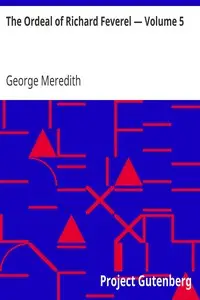
The Ordeal of Richard Feverel — Volume 5
By George Meredith
"The Ordeal of Richard Feverel — Volume 5" by George Meredith is a novel written during the late 19th century. This volume continues the story of Rich...
George Meredith was an English novelist and poet of the Victorian era. At first, his focus was poetry, influenced by John Keats among others, but Meredith gradually established a reputation as a novelist. The Ordeal of Richard Feverel (1859) briefly scandalised Victorian literary circles. Of his later novels, the most enduring is The Egoist (1879), though in his lifetime his greatest success was Diana of the Crossways (1885). His novels were innovative in their attention to characters' psychology, and also portrayed social change. His style, in both poetry and prose, was noted for its syntactic complexity; Oscar Wilde likened it to "chaos illumined by brilliant flashes of lightning". Meredith was an encourager of other novelists, as well as an influence on them; among those to benefit were Robert Louis Stevenson and George Gissing. Meredith was nominated for the Nobel Prize in Literature seven times.

